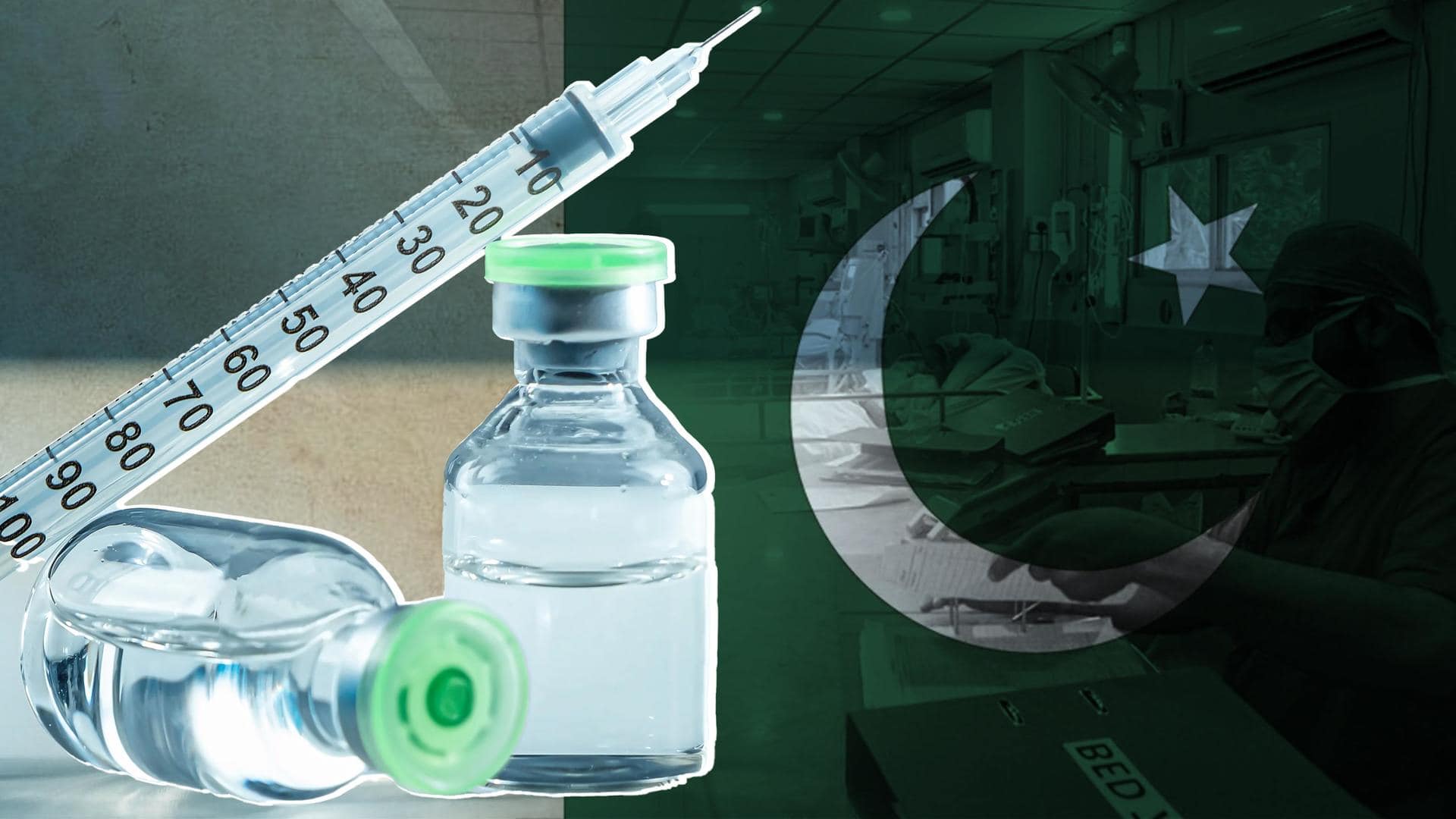
Pakistan economic crisis: Life-saving surgeries halted amid drug, equipment shortage
What's the story
Pakistan's economic crisis is having a severe impact on the most vulnerable, as doctors there have been forced not to perform surgeries due to a shortage of essential drugs and equipment, ANI reported. Owing to the lack of forex reserves, the country is unable to import the necessary medicines and also active pharmaceutical ingredients (APIs) used in domestic production, it added.
Context
Why does this story matter?
Pakistan's pharmaceutical industry is heavily reliant on imports, with nearly 95% of drugs requiring raw materials from other countries, including India and China. However, due to a lack of US dollars in the banking system, most drug manufacturers' imported materials have been stalled at the Karachi port. Furthermore, the rising fuel and transportation costs and the Pakistan rupee devaluation have increased medicine production expenses.
Doctors
Doctors forced to stop performing life-saving surgeries
In addition to drug shortages, doctors have also allegedly been forced to stop performing surgeries due to a lack of health paraphernalia. According to Pakistani media reports, operating rooms have less than the two-week supply of anesthetics required for highly-sensitive surgeries like heart, cancer, and kidney transplant operations. As a result, many fear the outcome might result in deaths and job losses in hospitals.
Health card
Free treatment under Sehat Insaf Card partially suspended
To rub salt into the wound, the Pakistan Institute of Medical Sciences (PIMS) suspended some of the medical treatments available to patients under the "Qaumi Sehat Card/Sehat Insaf Card" scheme launched by former Prime Minister Nawaz Sharif in 2015. Under the Sehat Sahulat Programme, it covers open-heart surgeries, stent implantation, cancer management, and other surgical procedures annually up to PKR 1 million per family.
Banks
Commercial banks not issuing new letters of credit for imports
Meanwhile, drugmakers have blamed the financial system for the healthcare crisis, claiming that commercial banks were not issuing new letters of credit (LCs) for their imports. The Pakistan Medical Association (PMA) recently called for government intervention to prevent a disaster from occurring in the country. However, rather than taking immediate action, the authorities were still assessing the magnitude of the situation, said reports.
Crisis
Pakistan's foreign exchange reserves fell to $4.3 billion in January
The medical crisis comes as Pakistan's foreign exchange reserves fell to an eight-year low of $4.3 billion in January, and talks with the International Monetary Fund (IMF) are teetering on the verge of collapse, raising fears that the country will go bankrupt. All of this has resulted in Pakistan's inability to pay for basic imports that might be used in hospitals.
China
China approved $700 million to Pakistan
While Pakistan awaits an additional $1.1 billion in funding from the IMF as part of a $6.5 billion bailout agreement signed in 2019, it received the approval for a $700 million credit facility from China. Pakistani Finance Minister Ishaq Dar announced on Friday that this loan had been granted by the board of the China Development Bank (CDB).